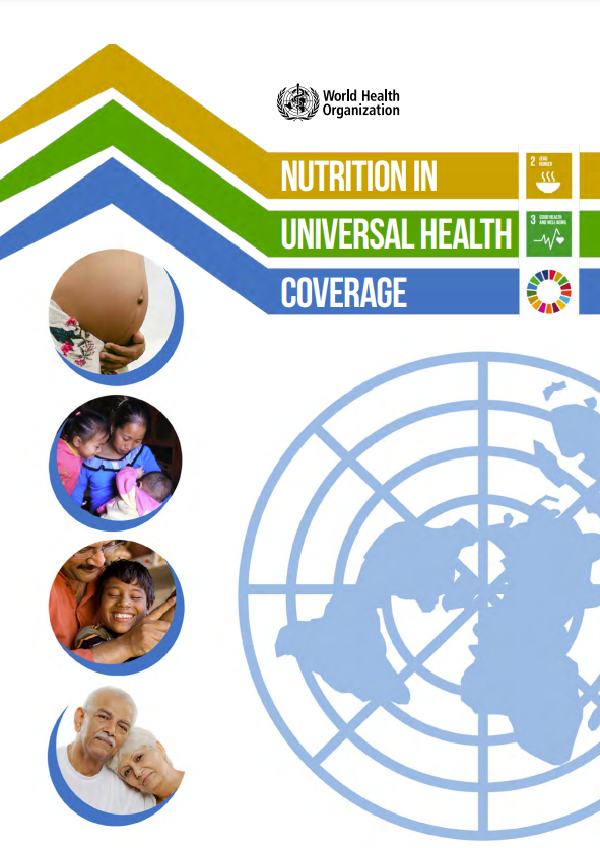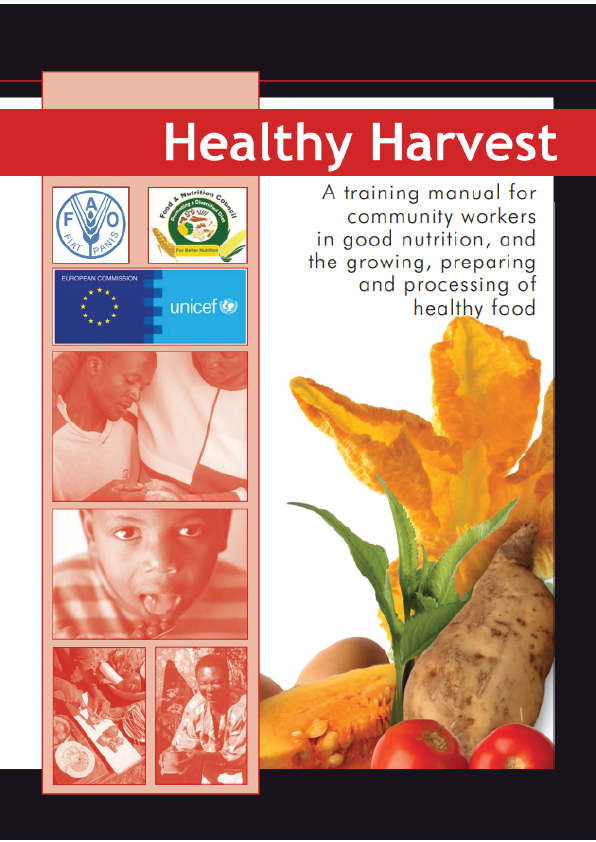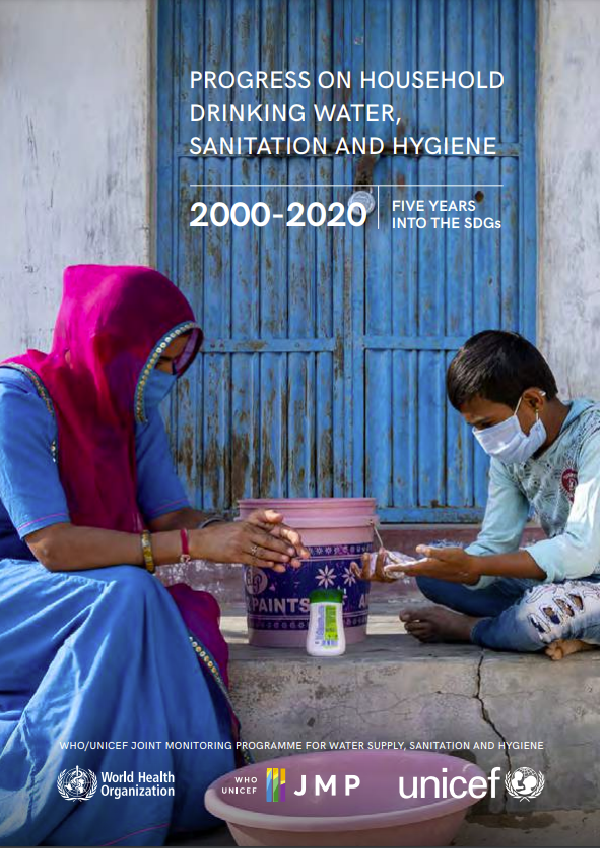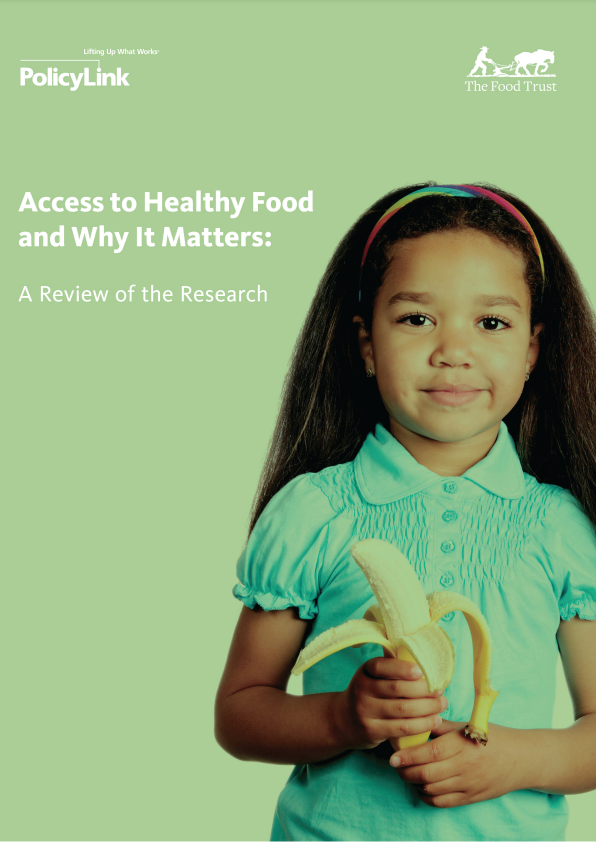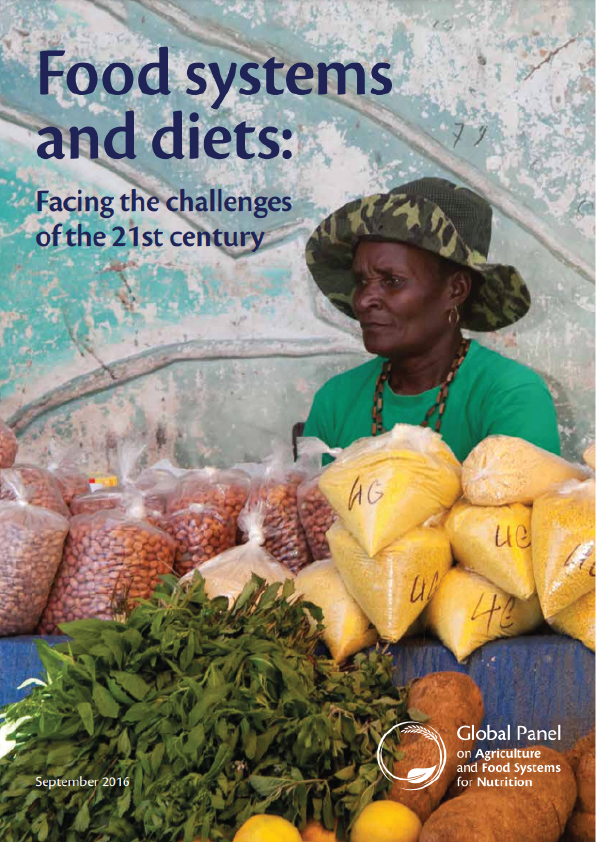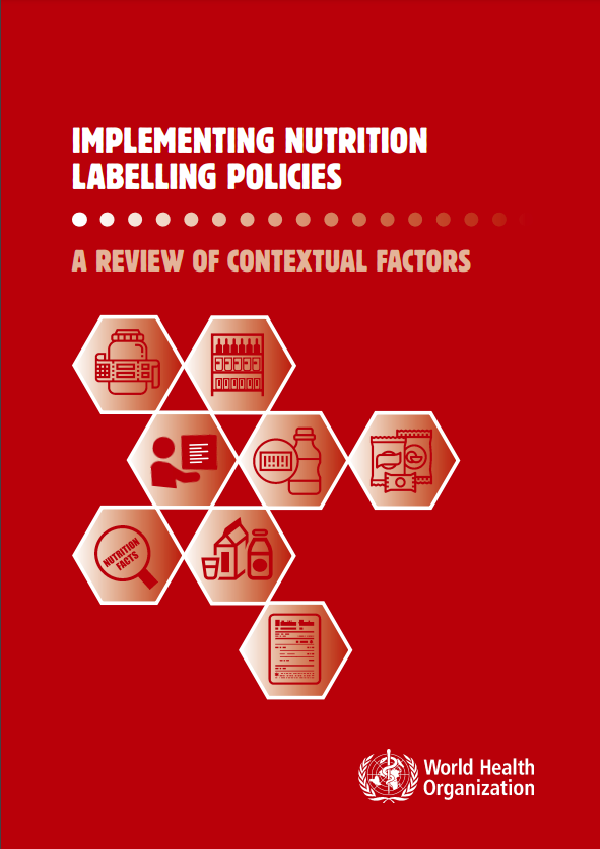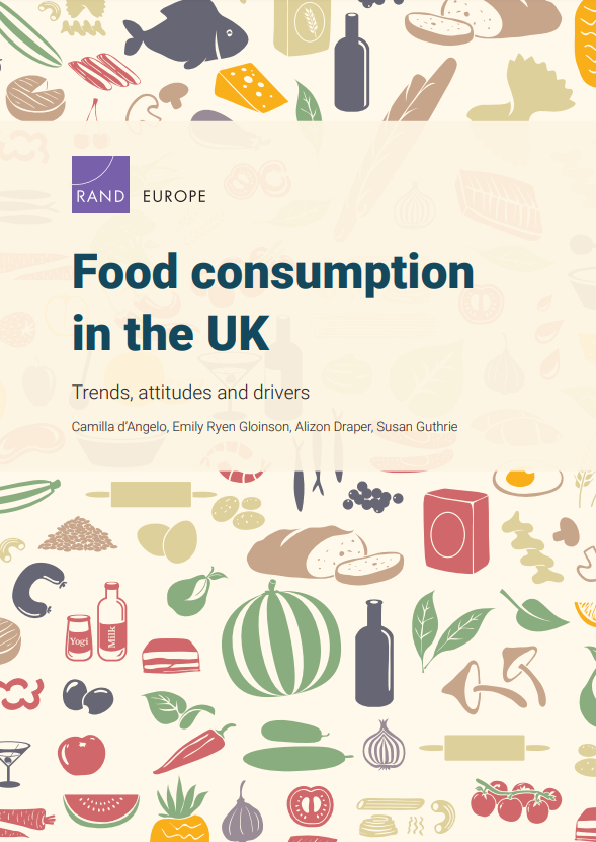This brief provides the reader with information and key messages to transform health systems toward the integration of essential nutrition actions as an important component for achieving quality universal health coverage (UHC). It reinforces the understanding that malnutrition in all its forms threatens the achievement of the Sustainable Development Goals by 2030. Six concrete steps are proposed to integrate nutrition-related interventions into national health systems, which will improve the coverage and quality of essential nutrition actions, leaving no one behind. This brief is intended for stakeholders involved in national health systems, nutrition action, and UHC, including decision-makers in government ministries, as well as community leaders, members of civil society organizations, and United Nations System agency representatives, among others. It calls on them to engage in global discussions on UHC; make policy and financial commitments for the integration of nutrition interventions into national UHC plans, and progressively expand the list of available nutrition actions as more resources become available.
Good nutrition is fundamental for achieving the right to health, embodied in article 25 of the Universal Declaration of Human Rights. No country can achieve universal health coverage (UHC) without investing in essential nutrition actions, and good nutrition for all cannot be achieved without UHC.
UHC is achieved when all people receive the quality health services they need without suffering financial hardship. Out-of-pocket payments for health services push 100 million people into extreme poverty every year. A suboptimal diet is the single largest driver of morbidity and mortality in the world, more than tobacco smoking or high blood pressure. Malnutrition in all its forms significantly increases the risk of infectious diseases such as pneumonia, diarrhea, measles, and tuberculosis; non-communicable diseases such as heart disease, cancer, and diabetes; and maternal and neonatal deaths. The cost of treating malnutrition and nutrition-related diseases is significant, but losses to the wider economy are even larger, amounting to almost US$ 3.5 trillion annually. Thus, integrating essential nutrition actions into health systems is foundational to meeting people’s health needs and achieving UHC.
Building on the 2019 High-Level Meeting on Universal Health Coverage, political leaders around the world will gather at the 2020 Global Nutrition Summit, to discuss new financial and policy commitments for nutrition and UHC. As we are in the middle of the United Nations Decade of Action on Nutrition (2016–2025), this is a historic opportunity to accelerate action on nutrition and transform health systems towards the integration of essential nutrition actions, delivering on the promise of people-centered health systems for UHC. We must seize this opportunity to ensure nutrition is part of the discussion on health policy and financing. The clock is ticking, and the time to deliver on the promises of the 2030 Agenda for Sustainable Development is now.
Malnutrition is a significant problem in every country. Nearly one in three people around the world has at least one form of malnutrition. Despite continuous improvements in health outcomes and economic development, rates of malnutrition remain unacceptably high and progress towards reducing its burden is too slow. Part of the reason for this is that nutrition has not been systematically addressed in health systems.
There are three key characteristics of malnutrition:
It can take many forms, namely undernutrition (including wasting, stunting, and micronutrient deficiencies) and overweight, obesity, or diet-related non-communicable diseases. This is referred to as “the double burden of malnutrition”.
It is ubiquitous, as malnutrition in all its forms can be found everywhere and often coexist within individuals, households, communities, and countries.
It has immediate, lifelong, and intergenerational consequences, jeopardizing the development of people, communities, and nations.
A child with severe acute malnutrition is nine times more likely than a well-nourished child to die from common infections such as malaria, pneumonia, or diarrhea.
Stunting before the age of 2 years is associated with poorer cognitive and educational outcomes in later childhood and adolescence. It has been estimated that adults who were stunted in childhood earn up to 20% less compared to their non-stunted counterparts.
Rates of overweight and obesity worldwide have increased sharply in recent decades. From 1975 to 2016, there was a tenfold increase in overweight and obesity among children and adolescents. The prevalence of adult obesity has nearly tripled over the same period, with close to 2 billion adults now overweight or obese, contributing to 4 million deaths per year and the loss of 120 million healthy years of life across the globe.
Children who are overweight or obese are at a higher risk of developing type 2 diabetes, high blood pressure, asthma and other respiratory problems sleep disorders and liver disease later in life.
In any of its forms, malnutrition affects the health and well-being, physical and cognitive development, and productivity of people, impacting the overall economic development of countries.
